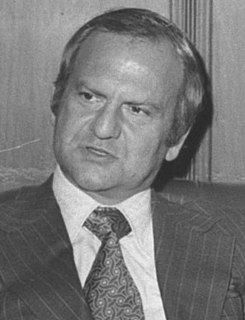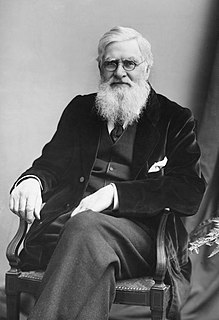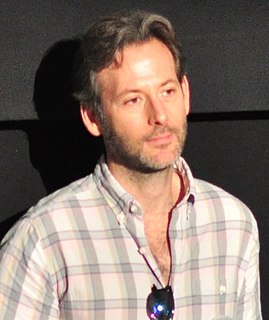A Quote by Lee Iacocca
When future historians look back on our way of curing inflation...they'll probably compare it to bloodletting in the Middle Ages.
Quote Topics
Related Quotes
Many of our feelings of satisfaction or dissatisfaction have their roots in how we compare ourselves to others. When we compare ourselves to those who have more, we feel bad. When we compare ourselves to those who have less, we feel grateful. Even though the truth is we have exactly the same life either way, our feelings about our life can vary tremendously based on who we compare ourselves with. Compare yourself with those examples that are meaningful but that make you feel comfortable with who you are and what you have.
We liked the idea that it was a low-tech future. But everything always repeats the past. If you look today and look at something in the middle east where you got people getting beheaded it's like the crusades with Twitter. It's crazy, human nature does the same thing. In a way, even though you're in the future people wanted order so this sort of system rose up.


































